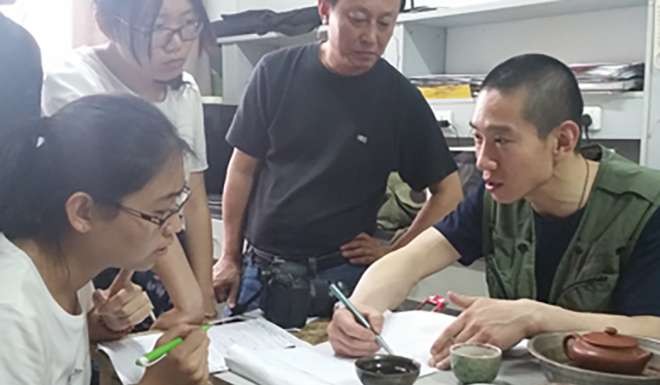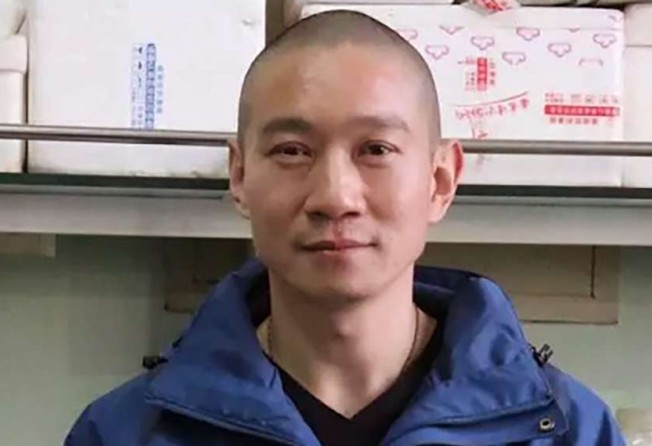
Chinese biologist embroiled in gene-editing controversy has a month to save his reputation
Biotechnology journal gives Han Chunyu a deadline to respond to critics of his paper claiming a breakthrough in genetic editing

The biologist whose gene editing breakthrough claim has been challenged by researchers around the world has a month to save his reputation.
Nature Biotechnology, the journal that published Han Chunyu’s paper in May, has asked the scientist from the Hebei University of Science and Technology to formally respond to worldwide criticism against his research by January.
Han said in May that he and his colleagues had used a genetic mechanism in the bacteria NgAgo to edit and alter the genes of other species. Han’s team claimed in May that a protein in the bacteria could be used as “scissors” to edit the DNA sequence of animals, including humans. It was said to be better than Crispr/Cas9, the most popular genome editing tool in use today.

The problem? To date, no laboratory has been able to repeat the experiment.
Three academic papers on NgAgo technology were published in international peer-reviewed journals this month. The latest was published on Monday in Nature Biotechnology as an international correspondence, or forum, of researchers from South Korea, Germany and the United States. “Nature Biotechnology has carefully considered all comments relating to the original paper by Han and colleagues,” the journal said in an editorial expression of concern on Monday.
“Nature Biotechnology believes that it is important for authors to be able to investigate the concerns raised by the correspondence and to provide additional information and evidence to support their paper if they are able to do so. Thus, we will continue to liaise with the authors of the original paper to provide them with the opportunity to do that by January 2017. An update will be provided to the community at that time.”
The journal said it had briefed Han and his colleagues on its decision. Han’s team was “investigating potential causes for the lack of reproducibility”, it added.
That, however, triggered a split of opinion among the authors.
Han and Shen Xiao accepted the deadline while three other authors – Gap Feng, Jiang Feng and Wu Yongqiang – “do not feel that it is appropriate at this time” to do so, according to the journal.
Nature Biotechnology, also known as NBT, is a title of the Nature Publishing Group and is highly respected among researchers. It also published the first studies on Crispr/Cas9.
Han did not respond to phone queries from the South China Morning Post.
Han had been hailed as a grass-roots scientist who received little government funding. But following the publication of the paper, his laboratory received 220 million yuan (HK$247 million) in funding from the central and provincial governments to build a research centre.
He was also appointed vice-chairman of the Science and Technology Association in Hebei, the largest government organisation overseeing scientific research in the province.